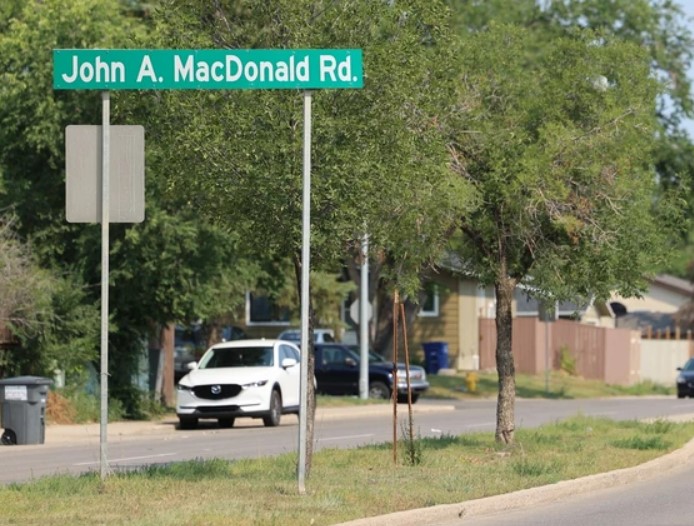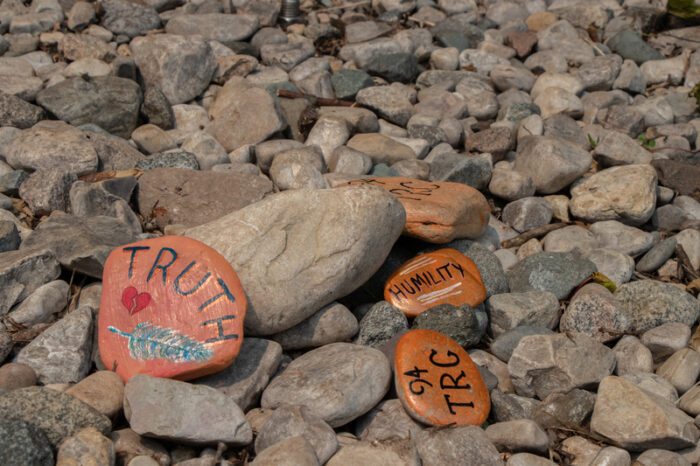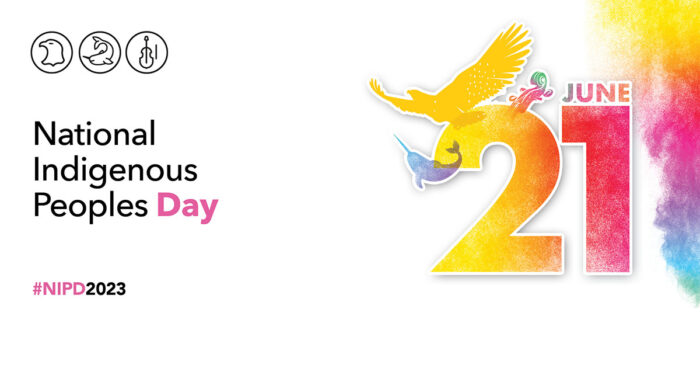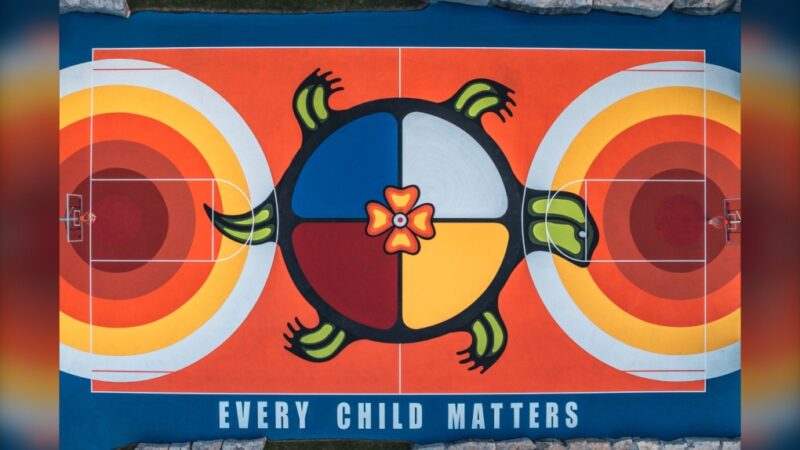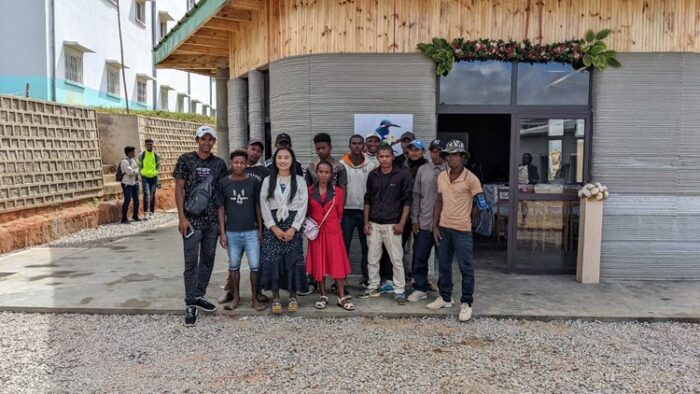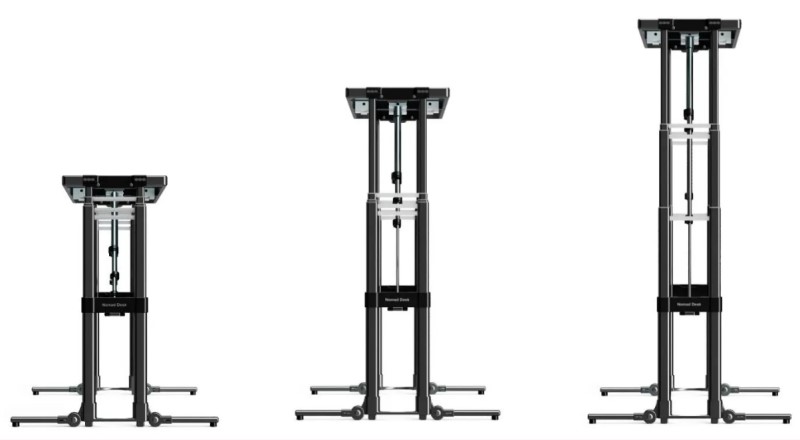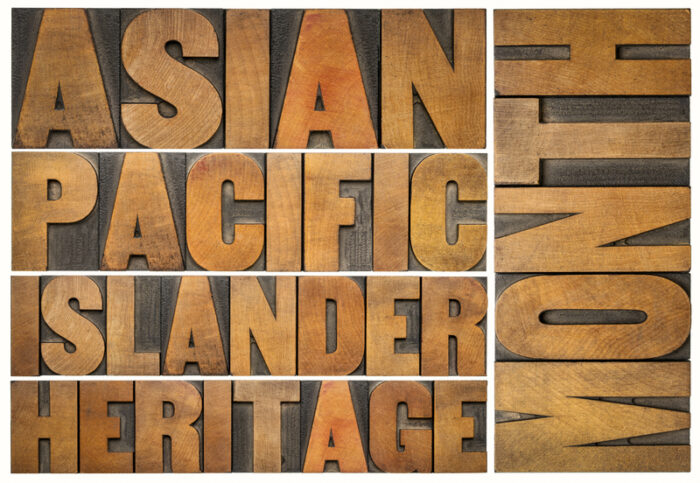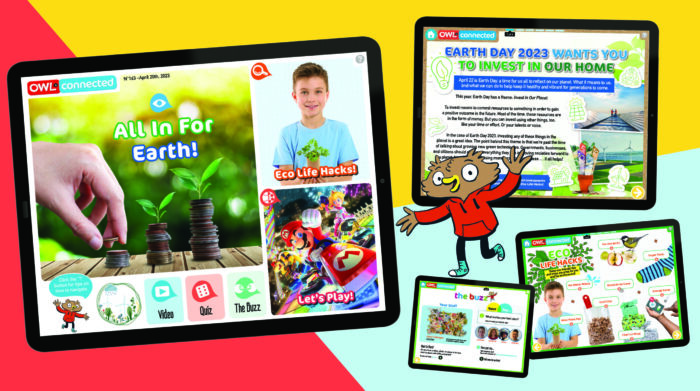Recently we began a new series of posts designed to explore Black experiences and discuss racism and injustice. So far we have discussed Juneteenth and Jagmeet Singh's motion to address systemic racism in policing.
One thing we have heard from our diverse group of young readers is “How can I help?” So this week, we're interviewing 16-year-old Pickering, Ontario activist Charlene Rocha. Having already delivered TEDtalks, successfully lobbied governments, and organized school movements, she has a lot to say about how young people can be involved in change, no matter what their strengths are.
Throughout this series, we welcome your feedback and thank you for joining us.
Charlene tells it how it is!
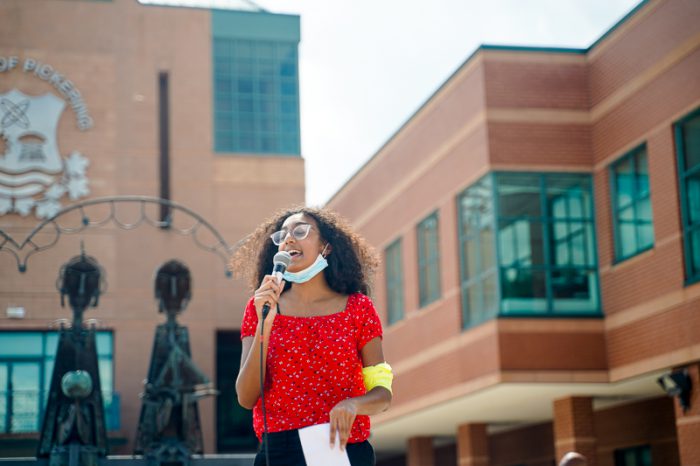
Ready for action! (Brian Blair)
OWLconnected: When did you first become aware of activism?
Charlene Rocha: The first time I learned about activism was through a speaker that came to my school. She told us about the effects climate change was having in poorer countries. I was completely in shock that we could have such a HUGE problem in the world and have governments still refusing to act. I went home that night, researched online, and learned about the climate crisis and what people were doing to take action. I felt inspired and motivated to learn more about it. I also wanted to do my part.
OC: Describe what it felt like speaking at a FridaysForFuture event when you were 13.
CR: When I attended my first FridaysForFuture rally, I was inspired and I felt a rush of emotions. I did a speech completely on the spot and it definitely was spontaneous. I was a pretty quiet person before I started activism, so this was definitely something that shocked my friends, family, and me! Now, I’m so glad that I did take that step, even if it was impulsive, because it let me know that activism is not a scary thing!
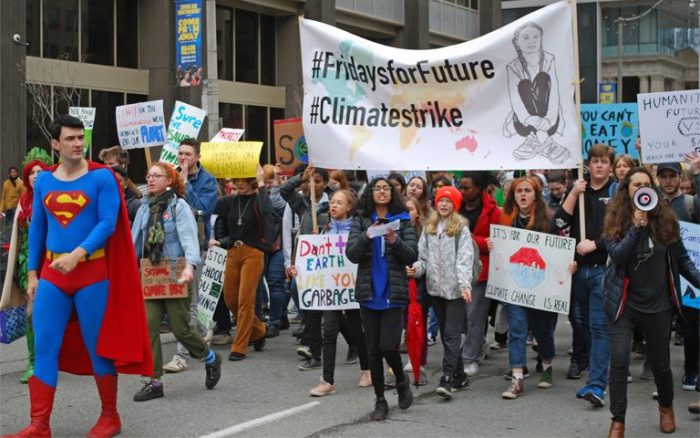
Marching in a FridaysForFuture rally. (Courtesy of Charlene Rocha)
OC: Many people have a picture of activism that features protests and speeches. What are the things involved that most people don't know about?
CR: There are so many more components to activism than people think! For example, I’m currently working with a committee called Break the Chains and we are fighting against anti-Black racism. We held a protest in Pickering, Ontario that was about two hours long, but behind-the-scenes there were many more hours of emailing, discussions, writing, and researching! You need these features to have effective action. Giving speeches and appearing to the public is a big portion of activism, but there’s tons of hard work behind it.
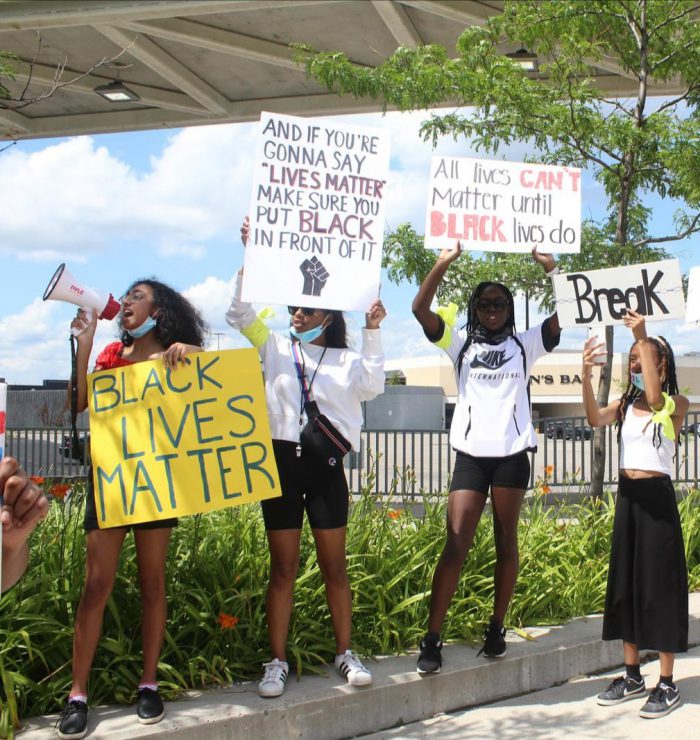
At a Break The Chains event in Pickering on Saturday, June 27. (Brian Blair)
OC: Tell us more about Break The Chains.
CR: Break the Chains Pickering is a committee that we formed in response to the anti-Black racism that is happening in Canada. Along with Black youth and organizers, we gathered hundreds of people together last Saturday (June 27) to hold a peaceful protest! There were beautiful speeches, artistic performances, and petitions to sign. We even had city council members, MPs, and MPPs come to protest with us! I'm so glad to be working with this amazing team that's dedicated to fighting for justice.
OC: Speaking of teams, imagine you're putting together an activism dream team: Tell us about the different personalities and skills you'd be looking for and why.
CR: A dream team requires a combination of personalities and traits! Here are some that I think are very important:
- There’s the Creative one who brainstorms events and comes up with unique ideas.
- The Brains is good at researching, finding facts, and communicating this information to the group.
- The Talkative Speaker enjoys doing interviews, making speeches, and communicating with other activists.
- The Connector reaches out to organizations, plans events, and works on advertising through social media.
- Lastly, the Motivator uplifts the group and encourages and supports everyone through being positive.
OC: There are a lot of issues to address right now, yet you manage to be an advocate for so many at once. How?
CR: A key word that I always use when I talk about activism is intersectionality. This big word basically refers to how everything is connected. With these world issues, we can see that they aren’t all separated—they’re the same issue of social injustice! For example, Black and Indigenous people are affected the most by climate change in Canada. This means that in order to address one issue, you are advocating for another as well.
OC: We understand that you'd like to be an engineer—how do you think that your activism might influence that occupation?
CR: Activism has made me aware that the number of females in engineering jobs is so much lower than the number of males. But why? I want more females to realize that engineering is an amazing career option and that they can do it, too! So many inventions like WiFi, heating, life rafts, and computers were made from contributions by women!
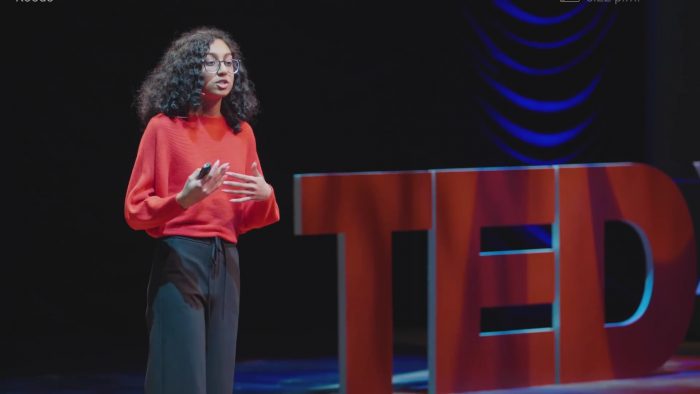
Delivering a TEDtalk on first impressions in 2019. (Courtesy of Charlene Rocha)
OC: You have mentioned that you can be quiet and shy—how do you handle speaking in front of a large crowd?
CR: Sometimes I get nervous, forget what to say, and make mistakes … but that is completely okay! The way that I’ve learned to handle speeches is by reminding myself that it’s just a speech. Even if I do seem nervous, I will learn and grow from it. One tip that I like to use is imagining that you’re giving the speech to one of your friends and having a conversation! It makes the whole speech less scary.
OC: We know that even busy young activists need balance in their lives to stay happy—how do you unwind so that you don't lose your energy and ambition?
CR: I enjoy celebrating the world we are saving! I go on hikes with my friends, rollerblade with my sister, take my dog for long walks, and swim at the beach. Activism isn’t supposed to be super stressful—it’s a fun, enjoyable thing to do! One of my favourite eco-friendly hobbies is shopping at thrift stores. It’s fun, sustainable, and lets you have TONS of options of clothing!
OC: Who has been your biggest inspiration, in activism or otherwise?
CR: This is an easy one—my biggest inspiration would definitely be AOC (Alexandria Ocasio-Cortez)! She is a US congresswoman and the creator of the Green New Deal. The Green New Deal is a plan to reduce our carbon footprint and combat climate change. AOC is a politician who isn’t afraid to demand change. She is powerful, passionate, and when she speaks, she inspires people!
OC: Beginnings are often the hardest. What is a great first step for kids to take to make activism a part of their lives?
CR: Find a cause that you are passionate about and research it! Knowing the facts is an important factor to effective activism. Whether it’s reading a book, listening to the news, or watching CitizenKid, knowing about these issues is a great way to get involved and inspire other people around you, as well.
Please join us next week as we continue this series.
We want to hear from YOU! Do you have a question on this topic that you'd like answered? Do you have a message of hope or support that you'd like to express? Write us at owl@owlkids.com with the subject 'Speak Up!' and join the conversation of change.
 Charlene Rocha has already accomplished a lot in only a few years. (Courtesy of Charlene Rocha)
Charlene Rocha has already accomplished a lot in only a few years. (Courtesy of Charlene Rocha)
